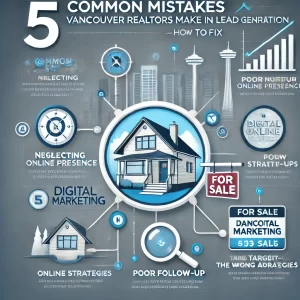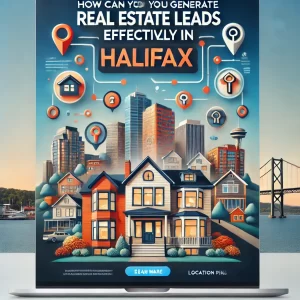
Many people won’t need to be convinced of the unattractiveness of the housing market in Canada with how so many people who are struggling to get into the market nowadays wouldn’t have had the same problems a decade or so ago. What the market will bear at any given time is out of any one person’s control, and of course it will be different again in the future. Better? Worse? Who’s to know really. But one thing that has been confirmed as we closed out 2021 is that it was the worst year of all time for housing affordability in Canada.
Why that is shouldn’t need a whole lot of explanation, as again the age-old equation of supply and demand had demand leaving supply in the dust. Then there’s the factor of a rapidly expanding population base and the ‘heat’ of certain housing markets being dispersed to other areas of the country where price gains like this on detached homes haven’t been seen ever before 2020. The ‘blame’ for this – if there is any – can’t be laid solely at the feet of the federal government but it is true that successive numbers of them haven’t invested in housing like they should.
Then you have developers who aren’t going to lose money building certain types of housing that need to be built and you have something of a recipe for what we’re seeing now with housing in Canada. Is it going to get better with BOC interest rate hikes sometime later this year? Not likely if you’re to believe the economists who tend to be in the right about this stuff more often than not. Realtors will say the same thing for the most part, and here at Real Estate Leads our online real estate lead generations system is a great way for realtors anywhere in Canada to get more out of client prospecting efforts.
Returning to our topic, what can be seen when looking deeper into why housing affordability was a real problem for Canadians last year? Turns out it’s not even that much of a deeply layered issue and most of what is making homes unaffordable for average Canadian is fairly straightforward.
31 Years Since
It has been a full 3 decades and then some since housing affordability has been this bad in Canada, and the suggestion that it has mostly been because of foreign buyers and / or money laundering has been fully disproven by this point. Are they factors? Yes, they are but they are minor ones compared to the simple fact that there are not enough homes available for the number of people living in Canada who want to buy them and may in fact be qualified to do so if there was a home for them to buy.
The aggregate cost for home ownership in Canada went up to 47.5% of median household income in Q4 of 2021. That works out to a sequential increase of 2 percentage points and is a nearly six point increase compared to the same quarter for 2020 when the COVID pandemic was at its peak. Factors like mortgage payments, property taxes and utilities to measure ownership costs are incorporated into this.
Bidding wars and home selling for obscenely over asking highlights the need for many more new housing starts in Canada, but people need to also be aware that there is nearly no room if any available for detached home builds in a lot of major metro areas now.
Until demand and supply return closer to balance, prices will continue to rise and that’s the way it’s always been.
Vancouver’s #1 Ranking No Surprise
To no one’s surprise Vancouver had the least affordable housing market in the country last year, with the average being that ownership costs were taking up a massive 64.3% of median household income in Q3 2021, and that was up 0.9% from Q2. Toronto was only slightly better, with households there spending 61.9% on average to pay for their housing. But that is up a larger percentage in comparison with Q2 – 2.7%.
The overall outlook is similarly bleak for the cities across the country as a whole. There’s different reasons for that, but none are as pivotal as the Bank of Canada and their near-certain plans for raise rates around some 6 basis points sometime in Q2 or Q3 of this year. Economists estimate the Royal Bank’s national affordability gauge of affordability could go up by another 2 points to 3.5 when the new rates go into effect and they alter the buyer and mortgage qualification landscape.
The Exception
Only a single city managed to not see a Q4 affordability loss in their Q3 for 2021 – St. John’s, NL. Home ownership costs only account for 22% of median household income there, and that’s a shocking departure from the portion of it that folks in Vancouver and Toronto are putting towards housing.
__
Sign up for Real Estate Leads here and receive a quota of qualified, online-generated buyer and / or seller leads every month. These leads are only passed to one realtor, and that’s you once you’ve signed up and let us know where you’re currently working as a real estate agent in Canada. The opportunity then becomes yours to reach out to these people who are ready to make a real estate move and convince them you are the qualified and knowledgeable expert they need to buy or sell a house.


















